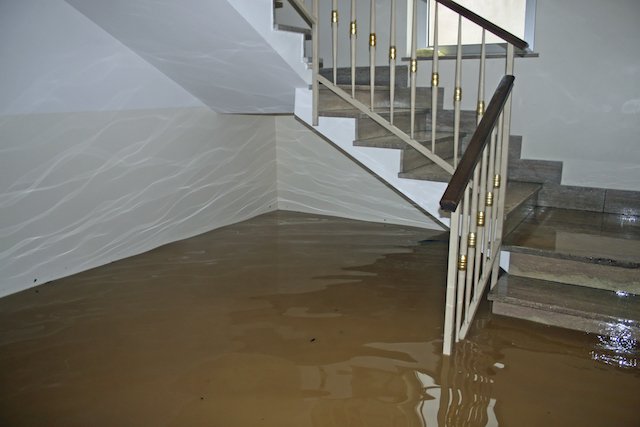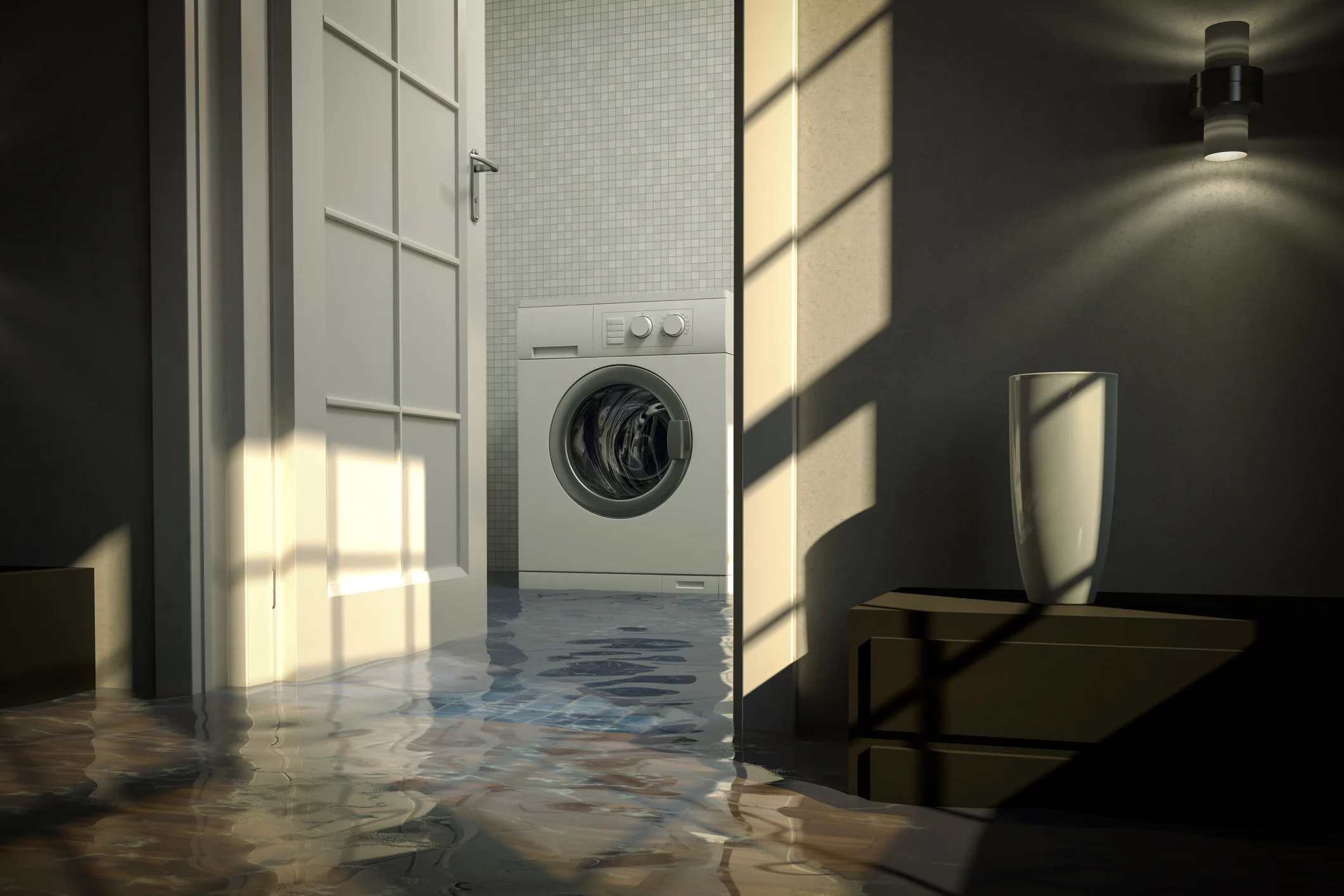Flooding is a common problem that plagues most of us. It’s not just annoying, it can be dangerous and even deadly. Unfortunately, the solution is often costly and time-consuming. If you have a flooded basement, there are many ways that you can stop your basement from flooding in the future. This article will focus on three main methods of preventing basement flooding: installing proper drainage systems; installing drain covers and sump pumps; and sealing around the foundation. Let’s take a look at each of these solutions.
Install Proper Drainage Systems
As we mentioned earlier, one of the keys to keeping your basement dry is having proper drainage system installed. The first step in this process is getting an inspection done by a professional. During the inspection, the inspector will check for any problems with the walls or floors. Next, he will determine where the water is coming from and how much water is entering your home. In some circumstances, there may be a problem with the soil around your house. An engineer can determine if there’s a leak in the soil and if there is, they will recommend a fix. Once a proper drainage system is installed, make sure to check it every month. If you see leaks, call a professional immediately so that water doesn’t enter your home.
The first and widely used option by the people to avoid the flood problem is the proper installation of the drainage system. A person can plan to use the flooded basement repair near me and then do the agreement. This will give the person with good results. The try of the person must be to reach the goals on time.

Install Drain Covers & Sump Pumps
Drain covers and sump pumps are two things that you should consider when trying to prevent flooding in your basement. A drain cover is a bucket-shaped piece of material that sits over all drains (basement pipes) in your home. They’re inexpensive and easy to install. Just cut them out and place them over the open drain holes in the floor. You may also want to put plastic mesh in the bottom of the bucket. This will help keep debris from clogging up the drain holes. These covers aren’t perfect, however. Because they’re made of plastic, they’ll eventually rot away and need replacement. Also, as with everything else, there will come a point when your basement floods again. When this happens, you’ll have to replace the drain covers and sump pumps.
Sump pumps, on the other hand, are more expensive than their drain cover counterparts. But they’re worth the cost because they are able to remove the excess water that enters your basement through your drains. To avoid any surprises, it’s best to get a sump pump installed before your basement floods. However, if you already have water damage in your basement, you might want to install both a drain cover and a sump pump.
Finally, you should always remember to turn off your sump pump during heavy rains. Otherwise, it will continue to run which could cause additional damage to your basement.
Seal Around Your Foundation
One of the easiest ways to reduce your chance of flooding in the future is to seal around your foundation. There are many products available on the market today that can do the job. For starters, you can purchase caulk. Caulk is a very effective way to seal cracks and gaps in concrete foundations. Another option is to use concrete patching. With a little bit of elbow grease, you can repair cracks in concrete and stop water from leaking into your basement. Finally, you can opt for a waterproofing membrane. These membranes are designed to protect your home against water damage.
While these three options are great for preventing flooding in your basement, they won’t completely solve the problem. As you can imagine, keeping your basement dry is extremely difficult. Luckily, there are many more tools that you can use to keep your home safe from floodwaters.
Prevention Is Better Than Cure
When it comes to prevention, it’s always better to be safe than sorry. The best course of action would be to hire a professional contractor who specializes in flood repair. They will inspect your property, find the source of the water and then implement the necessary steps to keep your basement dry.

There are plenty of contractors out there that specialize in helping homeowners with basement flooding issues. Make sure that you choose the right company by doing your research. Check online reviews, and ask family members or friends for recommendations. Then once you’ve found a reputable company, it’s time to schedule an appointment.
If you’d rather do it yourself, here are some tips that will help you prevent flooding:
Keep the area around your foundation clear of clutter. Clutter is like a sponge; it collects water and allows it to seep into your home. Clear the area of anything that could potentially hold water. Use buckets and garbage bags to remove dirt and debris. Keep the area clean until the job is completed.
Use proper drainage systems. If you don’t have proper drainage systems in place, you’re putting your own safety at risk. Install drain covers and sump pumps to help keep the water outside your home.
Keep your basement free of moisture. Be sure that the ground around your home is properly drained and that your basement is dry. Moisture will attract mosquitoes and insects that carry disease. If this happens, you could end up bringing unwanted guests inside your home.
Be proactive about preventing basement flooding. Take preventive measures such as clearing the area around your home of debris, using proper drainage systems and sealing around your foundation.
Don’t wait for disaster to strike. If you suspect that your home is prone to flooding, there are plenty of steps that you can take to ensure that it never happens. Don’t be like thousands of other Americans whose basements were damaged by floodwaters. Take proactive steps now to avoid the same fate.




